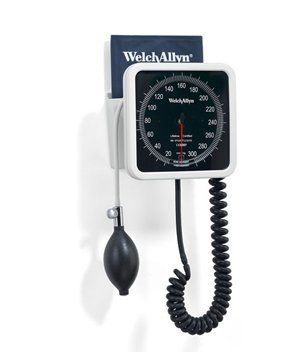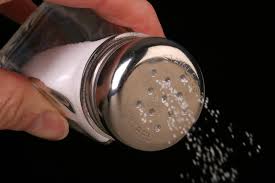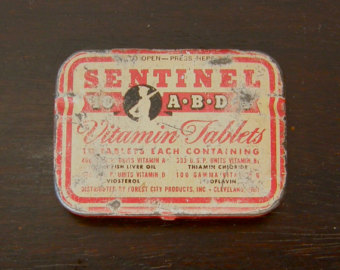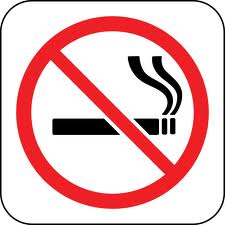Problems with NDMA contamination of antihypertensive medications such as valsartan continue. You should contact your pharmacy and find out exactly what safe alternatives they currently have so that we can authorize an appropriate substitute.
Low-dose aspirin appears to have little if any benefit in primary prevention of vascular events in older patients while inducing more frequent serious bleeding episodes based on good recent studies. We will advise many (but not all) of you now taking baby aspirin to stop.
Fish oil supplements do not prevent damage or death from heart disease or strokes, according to a new meta-analysis in JAMA Cardiology. But salmon is tasty.

Recent SPRINT study showed that lowering the goal for treatment of high blood pressure to 120 systolic substantially reduced death from heart disease and stroke compared to older target of 140 systolic in older adults.

Another study demonstrates that salt-restricted diets are not needed for most people in their 70’s. People with important heart and kidney disease are another story.

Recent hypertension guidelines by the ACC/AHA substantially relax treatment standards. I explain why I disagree with the changes, as do various other professional groups. Here’s the short story.

Last month the USPS Task Force released a comprehensive analysis of studies that looked at possible benefits of vitamins and vitamin/mineral combinations in reducing cancer and preventing heart disease. The report reiterated that they found no evidence that vitamins helped either class of disease.

Traditional Jewish ethnic food, especially delicatessen, is typically extraordinarily high in salt and saturated fat. It probably unwittingly contributed to the early mortality of the patriarchs of prior generations.

How much salt should I eat? Why does salt matter? What foods contain the most salt? Can I do anything to reduce my salt intake while still having tasty food?

Chest CT scans on an annual basis have been shown to find lung cancers in former long-term smokers early enough to reduce mortality by 20%. We should consider starting annual chest CTs for all current and former serious smokers.

